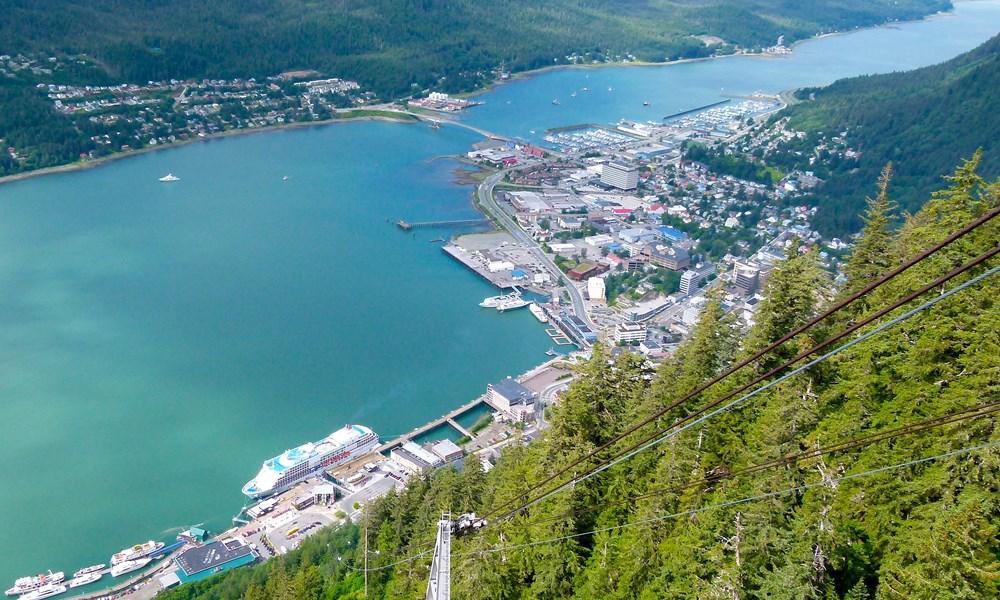The union for striking boat workers and Alaska officials reached a deal to end a walkout which shut down the Alaskan ferry system for 10 days at the peak of state's summer tourist season, the parties announced on Friday, August 2.
The new 3-year labor pact, capping negotiations overseen by a federal mediator, was agreed to on August 1, officials said. Terms of the deal, due to be ratified by rank-and-file workers, have not been disclosed.
Around 420 deckhands and other members of the IBU (Inlandboatmen’s Union of the Pacific) walked off their job on July 24, idling a ferry network which serves more than thirty coastal and island communities statewide. Ferry boat engineers and pilots, represented by separate unions, weren't part of the job action but declined to cross picket lines.
This was the first strike against the state-run ferry system in 42 years, known formally as Alaska Marine Highway System. Transportation officials said the walkout cost the state of Alaska an estimated US$3.2 million in lost revenues and forced reimbursement of around 11,000 passenger and vehicle fares.
Ferry service was due to resume on Saturday, August 3, on a phased-in basis.
The Alaskan Marine Highway System operates a fleet of ~12 ships, all named after Alaskan glaciers. Most communities in the ferry system don't have outside road access and can only be reached by sea or air. Among them are Juneau and Kodiak (a major fishing port).
Union leaders called the strike following 3 years of on-and-off negotiations deadlocked over disputes on issues like work conditions, scheduling, and pay, with the union seeking salary hikes of 9% over 3 years.
